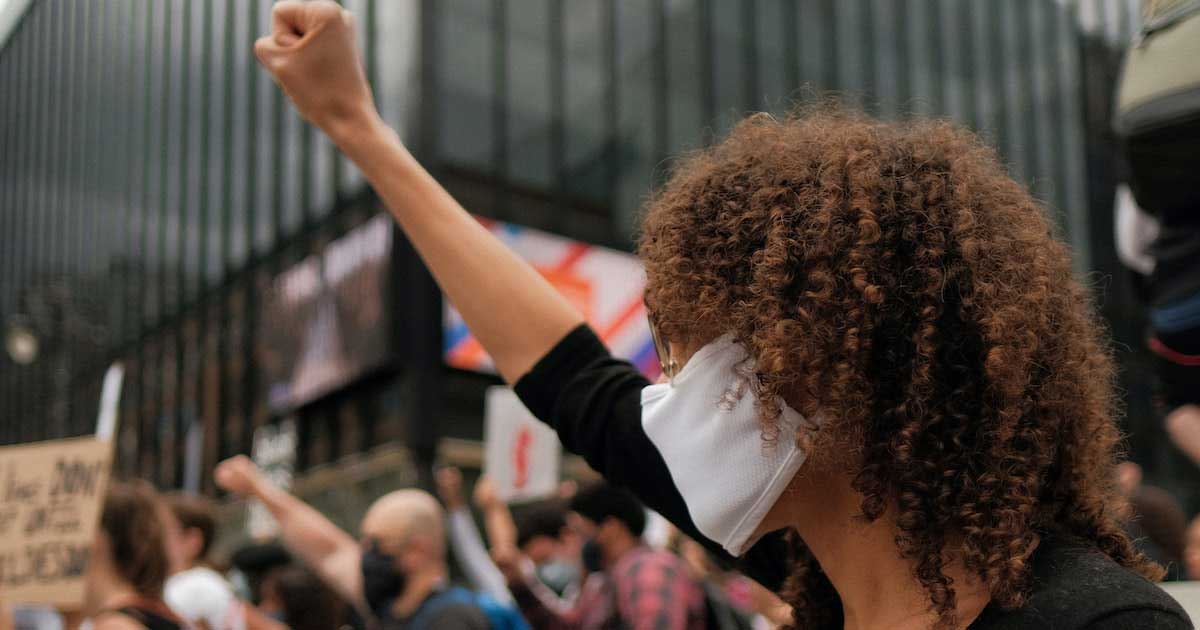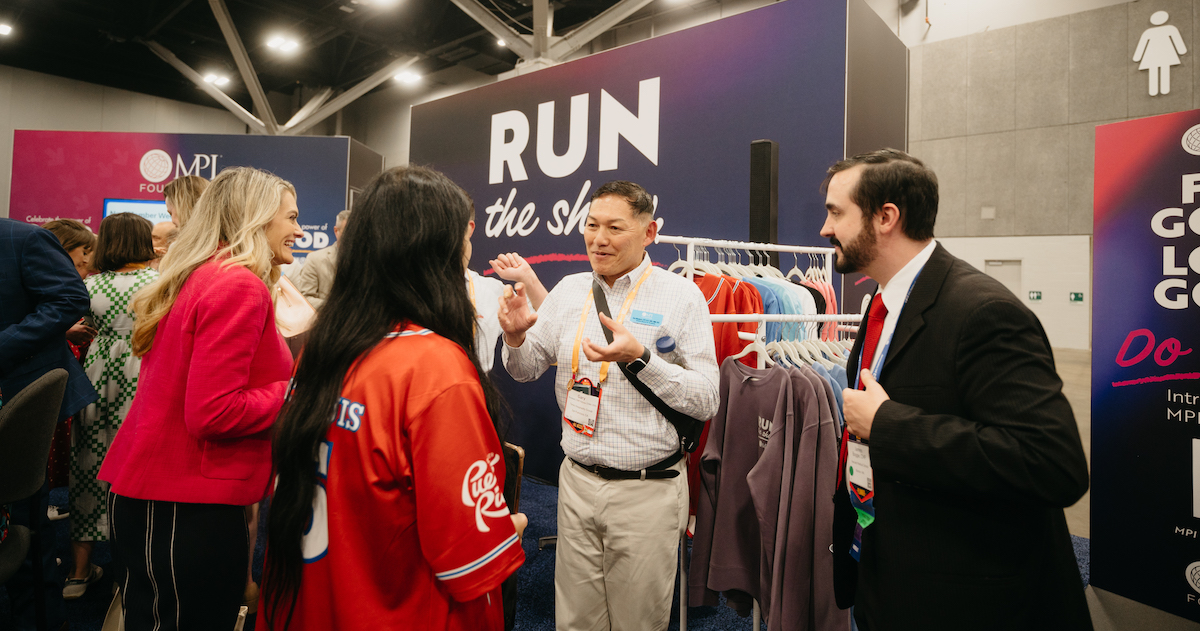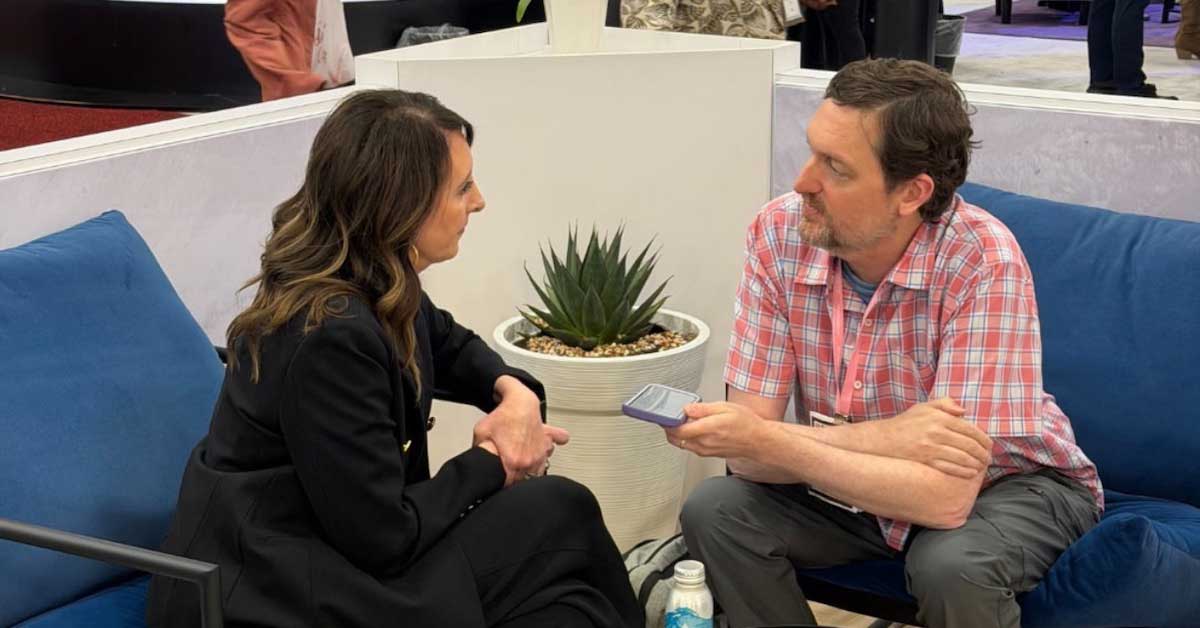We are reaching out to meeting industry professionals to engage in meaningful dialogue on the topic of diversity and inclusion. Today, we hear from Zoe Moore, MS, CDP, co-chair of the MPI Diversity & Inclusion Committee, a “doerpreneur” and a diversity and inclusion consultant in Atlanta.

Learn more about MPI’s diversity and inclusion efforts, and contact me if you would like to contribute to the discussion.
What are the challenges that organizations (including associations like MPI) face when determining a course of action related to diversity and inclusion, specifically for the Black community?
Diversity and Inclusion is a challenge for organizations because most don’t value an investment into the proper education, resources and manpower as core to their business strategy. Instead, it’s treated as an appendage or afterthought. The undervaluing of a strategic DEI (diversity, equity and inclusion) plan directly correlates to the undervaluing of the various dimensions of diversity, specifically race and addressing the barriers experienced by Black professionals. In reaction to being called out about their shortcomings, most organizations default to performative responses instead of acknowledging internal barriers, conducting proper data assessments and committing to sustainable actions that lead to measurable change.
“I know that when my biases, understanding and beliefs are challenged, I emerge enriched, effective and efficient.”
How can a diversity and inclusion committee have an impact and be effective in shaping a call to action?
The impact of a diversity and inclusion committee depends solely on senior leaders and their willingness to commit resources, time and money into a strategic DEI plan. A committee that is not empowered by their senior leaders is just a group of people with recommendations, frustrations and ideas.
What are the challenges in identifying measurable goals?
The primary challenge to identifying measurable goals is the expectation that the return is immediate. In the words of the late Nipsey Hussle, it’s a marathon. Measurable goals are achieved like any other aspect of a business strategy—with commitment, time, resources and financial investment.
This discussion is not new. But why is now different vs. say five years ago, or 10 years ago, when it comes to seeing equality for the Black community?
In 1951, poet Langston Hughes asked, “What happens to a dream deferred?” Amongst his listed options, he asked, “Does it explode?” The answer is yes. This current explosion and demand to end racial injustice has been ongoing since the framing of the United States of America. Often deferred by violence, denial and legislation, the difference now vs. 10 years ago is the emergence of a new generation of thinkers and people willing to stand in solidarity.
MPI Resources for Equality and Justice: Furthering the Advancement of All Peoples
Do you feel inspired and confident that real change will come?
I have to be optimistic as an advocate for diverse representation in leadership, supplier diversity and the elimination of barriers to entry or else the work I do is in vain. So, yes AND I need to be assured that organizations are committed to a strategic approach, not performative or trivial activities that fade like trends.
How important is diversity to you and what value does it bring?
Diversity is important to me because I value unique perspectives, feedback and insight. I know that when my biases, understanding and beliefs are challenged, I emerge enriched, effective and efficient—like data has proven about diverse teams.
What are the traits that define an inclusive culture for an organization?
An inclusive culture is unique to different teams, but some common traits are an abundance of resources, commitment, support and investment into the present and future stakeholders that power an organization’s relevancy, revenue and sustainability.
Photo by Jeffrey Grospe on Unsplash







